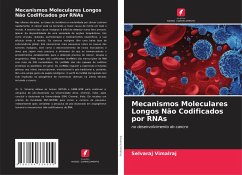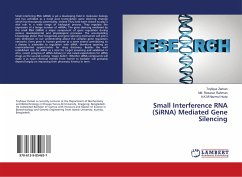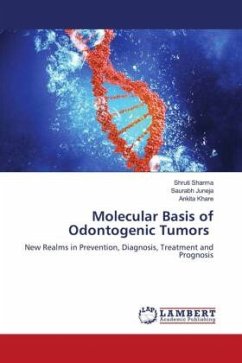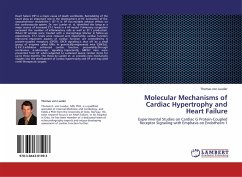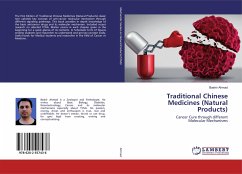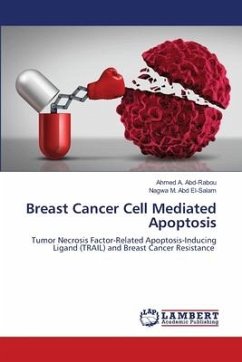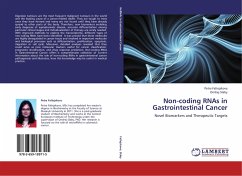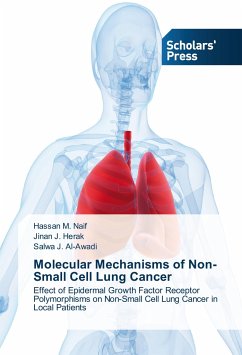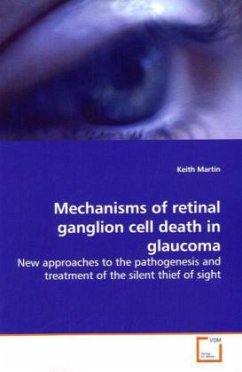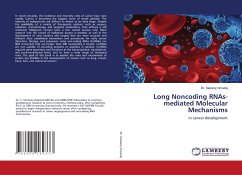
Long Noncoding RNAs-mediated Molecular Mechanisms
in cancer development
Versandkostenfrei!
Versandfertig in 6-10 Tagen
36,99 €
inkl. MwSt.

PAYBACK Punkte
18 °P sammeln!
In recent decades, the incidence and mortality rates of cancer have risen rapidly. Cancer is becoming the biggest cause of death globally. The majority of malignancies are difficult to detect at an early stage. Despite the availability of a variety of therapeutic options, such as surgery, radiation, chemotherapy, and targeted medications, their efficacy is still restricted. Malignant cancers have a low overall survival rate. More research into the causes of malignant tumors is needed, as well as the development of new markers and targets that are more accurate and efficient than established bi...
In recent decades, the incidence and mortality rates of cancer have risen rapidly. Cancer is becoming the biggest cause of death globally. The majority of malignancies are difficult to detect at an early stage. Despite the availability of a variety of therapeutic options, such as surgery, radiation, chemotherapy, and targeted medications, their efficacy is still restricted. Malignant cancers have a low overall survival rate. More research into the causes of malignant tumors is needed, as well as the development of new markers and targets that are more accurate and efficient than established biomarkers and procedures for early cancer detection, therapy, and prognosis. Long non-coding RNAs (lncRNAs) are RNA transcripts that are longer than 200 nucleotides in length. LncRNAs are not capable of encoding proteins or peptides in general. LncRNAs regulate gene expression and functions at the transcriptional, translational, and post-translational levels, and so have a wide range of biological roles. The goal of this book is to explain the roles and mechanisms of certain key lncRNAs in the development of cancers such as lung, breast, bone, liver, and colorectal cancers.



